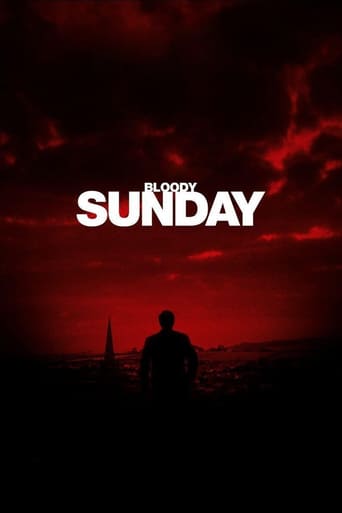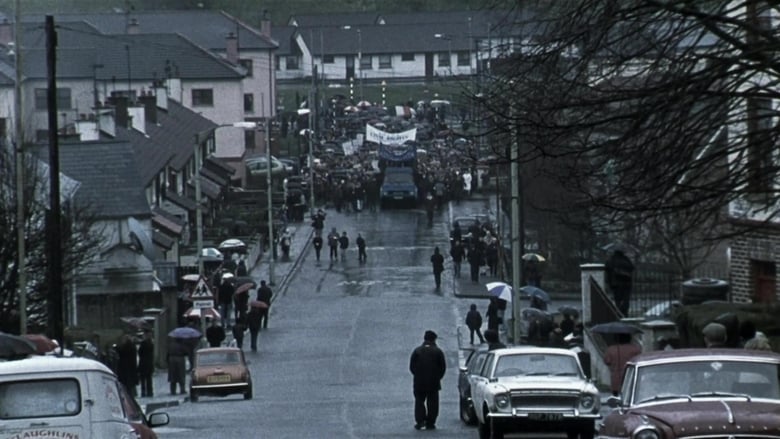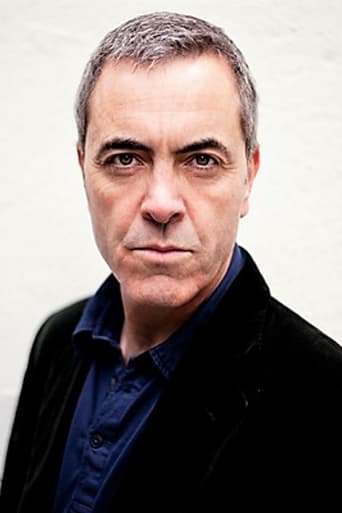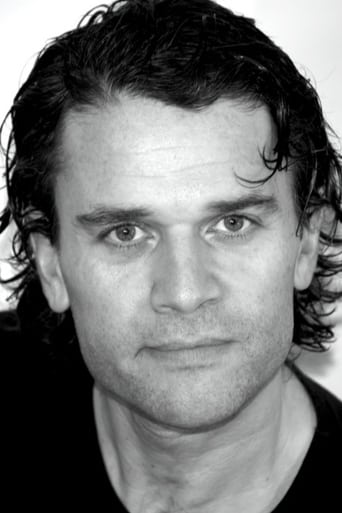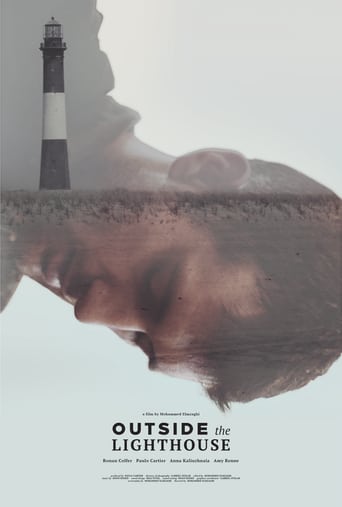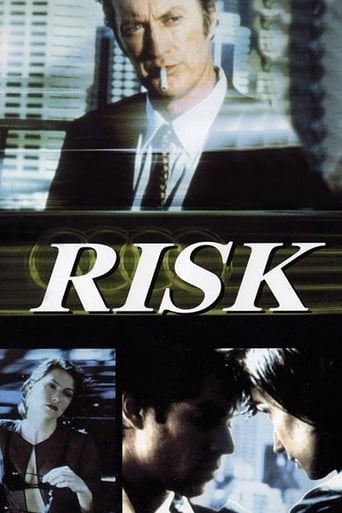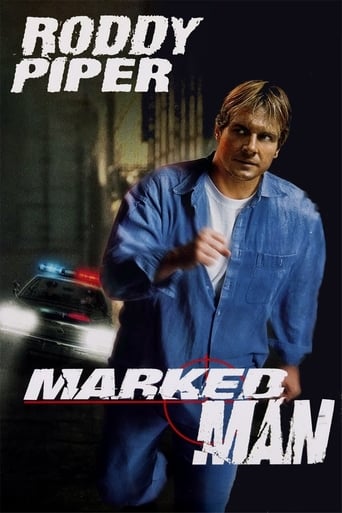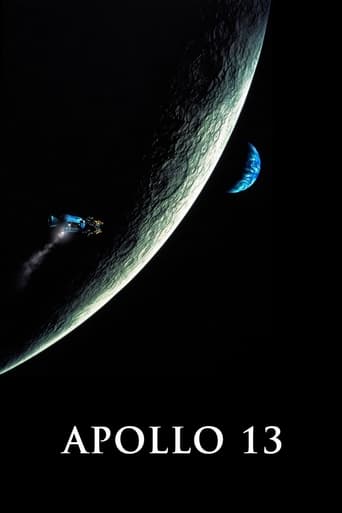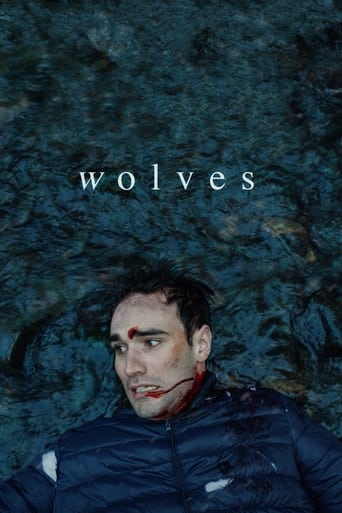Bloody Sunday (2002)
The dramatised story of the Irish civil rights protest march on January 30 1972 which ended in a massacre by British troops.
Watch Trailer
Cast


Similar titles
Reviews
the audience applauded
Lack of good storyline.
The film creates a perfect balance between action and depth of basic needs, in the midst of an infertile atmosphere.
Like the great film, it's made with a great deal of visible affection both in front of and behind the camera.
Powerful, provocative & prompting, Bloody Sunday is a meticulously researched, expertly crafted & thoroughly gripping recreation of the Bogside massacre that occurred in the Northern Ireland town of Derry when British troops opened fire on civilians during a protest march, killing 14 & wounding just as many in the process.Dramatising the events that led to the tragic incident on January 30, 1972, Bloody Sunday follows a civil right activist named Ivan Cooper who was the central organiser of the peaceful rally against internment that ended when British army paratroopers began firing on the unarmed demonstrators in full view of the public & the press.Written & directed by Paul Greengrass, the movie sets its foreboding tone right within the opening segment after which it takes a step back to put its pieces on the board but once the stage is set, it explodes & moves forward with stunning immediacy. Greengrass' direction is at its very best when things go south & the whole episode is extensively detailed in the script.Cinematography employs the quasi-documentary-style to film the entire event as it unfolds, thus bringing the viewers right into the conflict, while the frenetic hand-held camera-work further reflects the chaotic nature of such circumstances. Editing is slick for the most part, music is nearly absent and its cast contributes with convincing performances, playing their given roles with utmost sincerity.On an overall scale, Bloody Sunday is a fiercely directed, deftly scripted, viciously photographed, skilfully edited & brilliantly performed movie that brings the dreadful event to life with remarkable precision, brims with intense emotions from start to finish, and not only works as a riveting thriller but also as an unsettling documentary. Disturbing & disquieting but essential viewing nonetheless, Bloody Sunday is strongly recommended.
The thought was there but the audio guys defiantly went on vacation while the filming was done. The audio is such a garbled mess it makes the film almost unwatchable. A great piece of history was mutilated by the filmmaker.I am sure after the screening there were humans that were asking " what the hell is that noise" and should have been corrected by someone with the gift of hearing .This is a tragedy that will remembered by the Irish forever and a black mark against the British forever.Being a Canadian with an Irish bloodline I was looking forward to seeing this film. It is still worth the time to see.
English screenwriter, producer and director Paul Greengrass' television film which he wrote, is inspired by a novel called "Eyewitness Bloody Sunday" from 1997 by Irish author Don Mullan and real events which took place on the 30th of January in 1972 in Derry, Northern Ireland. It premiered at the 18th Sundance Film Festival in 2002, was screened In competition at the 52nd Berlin International Film Festival in 2002, was shot on locations in Derry and Dublin in Ireland and is an Ireland- UK co-production which was produced by British producer Mark Redhead. It tells the story about an Irish nationalist and politician named Ivan Cooper and his fellow members of the Northern Ireland Civil Rights Association who on one Sunday in January 1972 began walking a peaceful march through the streets of Derry, Northern Ireland to demonstrate against internment without a trial, the suppression Catholics had suffered from Protestants, to end unionist rule and for equality. And the story of the members of the British Army whom the Commander of Land Forces in Northern Ireland had requested. Distinctly and engagingly directed by European filmmaker Paul Greengrass, this finely paced and somewhat fictional tale which is narrated from multiple viewpoints though mostly from the main character's point of view, draws a conscientious portrayal of a non-violent political demonstration, banned by the government of Northern Ireland, for social justice which escalated into an uncivilized riot where rocks and bricks were answered with live rounds. While notable for its distinctly naturalistic milieu depictions and use of sound, this narrative-driven story about a late 20th century conflict which happened four decades ago during the Troubles in Northern Ireland in the early 1970s where the constitutional status of Northern Ireland was, and still is, a matter of contradictory views between the Catholic community who thinks that their country should become part of a United Ireland and leave the United Kingdom and the Protestant community who thinks that their country should remain within the United Kingdom, objectively examines how events occurred during a winter day when the city of Londonderry was crowded by Irish civil rights campaigners, hooligans, civilian observers, members of the Provisional Irish Republican Army, the press and a British battalion who was there to make necessary arrests. This sociological, conversational and important reconstruction and retelling of a politically instigated historic event and unjustifiable massacre which ended with fourteen male citizens, many of them seventeen-year-old boys, losing their lives, soldiers of The First Battalion, Parachute Regiment being decorated by Queen Elizabeth II of England, an increasing amount of young men joining the paramilitary organization called the IRA and the families of those who were killed getting an official apology from the Prime Minister of the United Kingdom David Cameron thirty-eight years later, is impelled and reinforced by its cogent narrative structure, interrelated viewpoints, vital atmosphere, timely and distinct editing by British film editor Clare Douglas and the prominent acting performance by Irish television and film actor James Nesbitt. An authentic, truthful and reverent documentary drama from the early 2000s which gained, among numerous other awards, the Golden Bear tied with Japanese filmmaker Hayao Miyazaki's "Spirited Away" (2001) at the 52nd Berlin Film Festival in 2002.
The partition of Ireland, though contested, is defensible; the subsequent neglect by the British government of the rights of northern Catholics is not. Nor is the shooting, on what has been termed "Bloody Sunday", of unarmed protesters objecting to the absence of these rights. Moreover, these events disastrously but understandably strengthened the roots that the I.R.A. was able to put down in the Catholic community. An initial enquiry vindicated the soldiers; but many felt this a whitewash, and Paul Greengrass's film shows an alternative version of events, based on extensive research. What we see, messily and unmelodramatically, is not a clean fight between good and evil - the demonstration was certainly hostile and not entirely peaceable - but a grotesque tragedy resulting from a self-fulfilling belief on the part of the army that they were already at war. The verdict might be incompetence rather than murder; but when the incompetence is itself premeditated, the difference is a fine one. To make a film effectively endorsing one of Irisah Republicanism's more potent claims was a brave move by I.T.V.; but a more recent enquiry has largely confirmed its accuracy.

